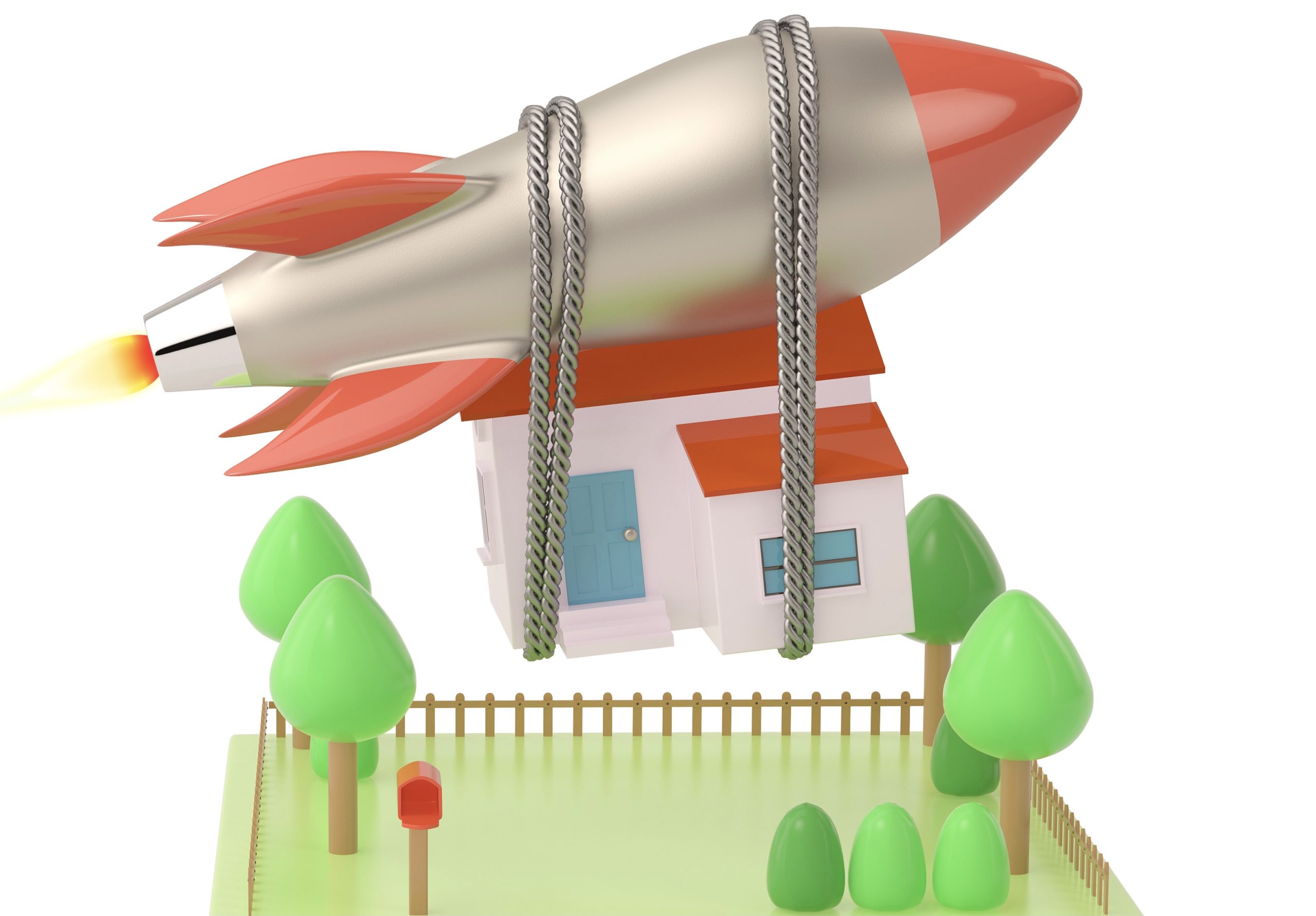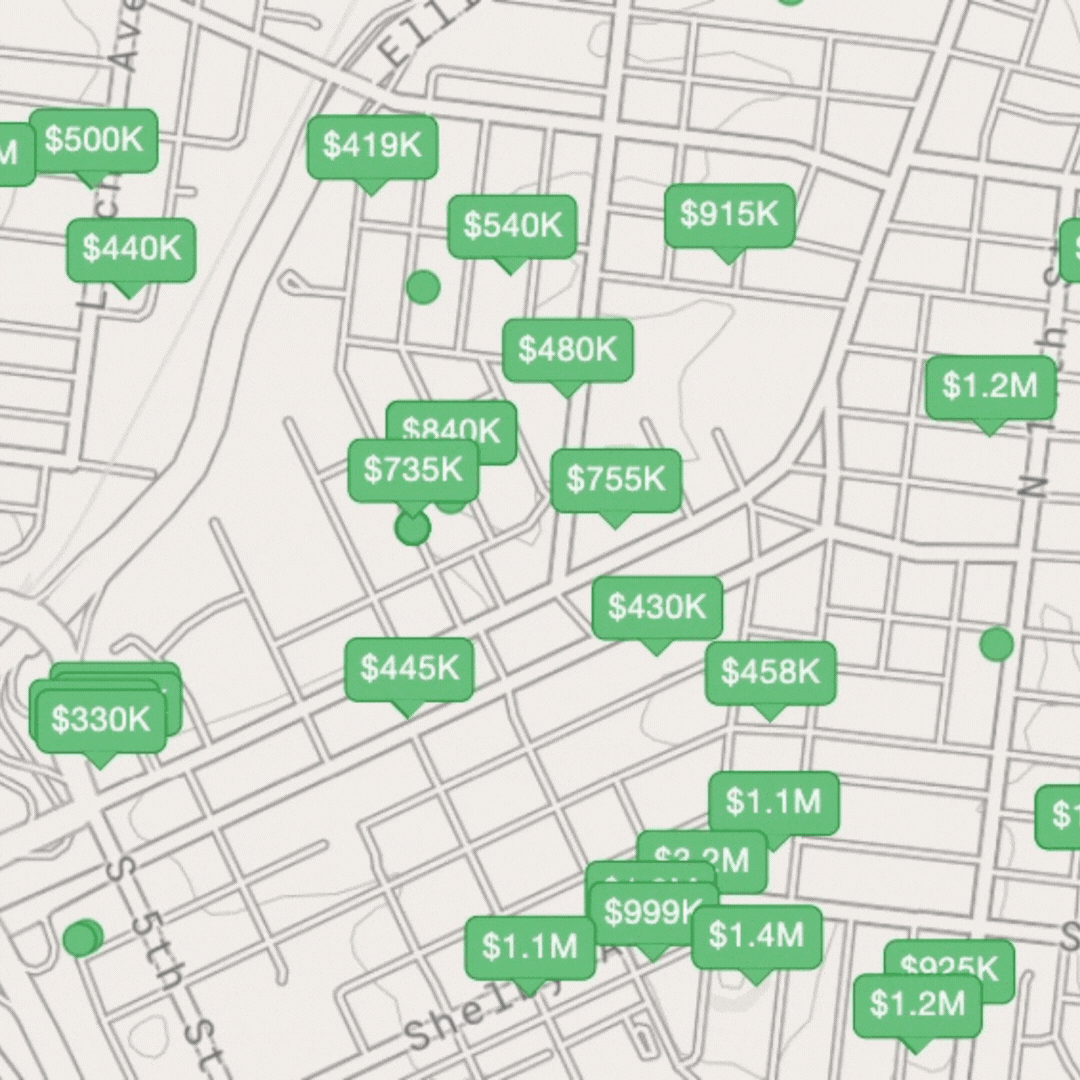
We’ve found that potential sellers have a number of questions about the process of listing a home for sale, and many want to discuss the best strategy for getting the highest and best possible offers. While every home is unique and should be approached as so, here are a few pointers to get you started down that road if you’re thinking of listing your Nashville home with us.
Everyone wants to know, what is the best time to list your home for sale? While it’s true that more homes sell in the spring and early summer than other times of the year, it’s our opinion that there truly isn’t a bad time to list, particularly given the state of the Nashville market over the last fifteen years. In the spring there are more buyers looking for a home, but there are also more listings available during that time. In the winter, there are fewer buyers, but also fewer listings. Essentially, in the spring there is more choice and more competition, in the winter there is less choice and less competition. Ultimately things tend to balance out fairly equally. Additionally, winter buyers are more often serious. They likely have a job transfer or a life change that is driving their decision, so they are less likely to be tire kickers.
One more thing to consider – while waiting to list your current home so it will sell for more isn’t always a bad idea, it can be if your intent is to buy something more expensive. The equity gains for your current home will likely be eclipsed by the price increase on your new home. Ask us about valuation increase trends by zip code and we can help you figure out your best move.
If you’ve already decided to sell your home, what day should we start marketing it? Our preference is to feature your property in the MLS and other sites as “coming soon” as soon as we can gather the marketing collateral and professional photos/video for your listing. That can be for a week or just a day to two prior to the official launch. This strategy helps to build a wider audience and to create market anticipation. We typically like to go Active/For Sale in the MLS late on Thursday afternoon, with showings allowed anytime on Friday, Saturday, and Sunday. If it looks like we’ll get multiple offers, we call for “highest and best” on Sunday evening or Monday morning, with responses promised by Monday afternoon/evening. We’ve only had a few single-family home listings in the past few years that took longer than a week to go under contract, so let’s talk about how a reasonable pricing strategy will help you sell quickly for the most money.
So how do we determine the right list price? Pricing strategy is part analysis and part art. If you ask a dozen agents, you’ll get a dozen answers. This is also true of appraisers. Even the Internet has a hard time agreeing. The Zillow “Zestimate” is likely to be quite different than the Realtor.com estimate. Of course, those automated valuation models (AVMs) are simply computer algorithms. Some are better than others, and some are months behind with their data. The reality is that a computer will never be able to pinpoint and evaluate the uniqueness of your home and its updates and condition. In the industry, we like to say that robots can’t smell the cat. Computers have made our jobs easier, but it’s our opinion that they’ll never replace Realtors and the real-world knowledge they compile over decades of transactions and home tours. When recommending a price, we put on many hats. We’re trying to think like an appraiser but also like a buyer. We look at those AVMs, because the buyer and their agents are looking at them, but we also look in-depth at the MLS comparables because they generally offer good-quality photos for an apples-to-apples comparison. We call listing agents and buyers agents to ask about their recent experiences with neighboring homes. We take a look at your home’s features and condition and offer recommendations. And most importantly, we listen to your goals to make sure that selling is the right choice. The sooner we start this dialogue, the better your outcome can be.
Occasionally, we do get seller clients who want to start high with their price. We call this Aspirational Pricing. It’s a tactic we don’t recommend, but we usually won’t turn down the business. This almost always results in price reductions, more time-on-market, as well as having to negotiate every little thing (repairs, concessions, etc.) with a single buyer. In a multiple offer situation, buyers are trying their best to impress you by bidding high and removing contingencies and other stumbling blocks, so you can see the advantage of listing at a reasonable price point and letting buyers compete for your home. With the frenzy around the Nashville real estate market, we’ve learned you can’t underprice a house. Houses with attractive prices garner more views online and more showings in person. It’s not uncommon for sellers to collect much more than asking price.
Should you stay home and wait for showings? We recommend sellers get out of town for the opening weekend, or that you spend time with a friend or relative (don’t forget to take your pets!) at least during the opening weekend. You’ll get a text message (and/or email) letting you know when appointments are set. We notify you the moment we get the request. We can set it up so you have to approve each showing by responding to the text, but it’s just easier for showing agents to look at the calendar availability, choose a time that works for their clients, and book it with an auto-approval that first weekend. If we don’t have a contract by Sunday evening, we can change those approval settings should you wish. We can also block out specific times that are unavailable for showings if you choose.
Do you want an open house on the first Sunday? We think that (most) open houses are a 20th-century marketing strategy. For that reason, we suggest waiting until the second weekend, and if an open house makes sense then, we will set one up. Open houses do appeal to casual shoppers, but serious buyers already have agents. An offer from a buyer who isn’t approved for a mortgage can throw a kink into the works, and open houses also come with the real inherent risk of lost or stolen valuables. These days many sellers are opting out of them altogether. Statistics show that only about 20% of homes have an open house during their listing period.
We hope these answers help with your planning, and if you have other questions about the buying or selling process, give us a call at 615-482-5244. We’d love to help make your sale as easy and stress-free as possible.

